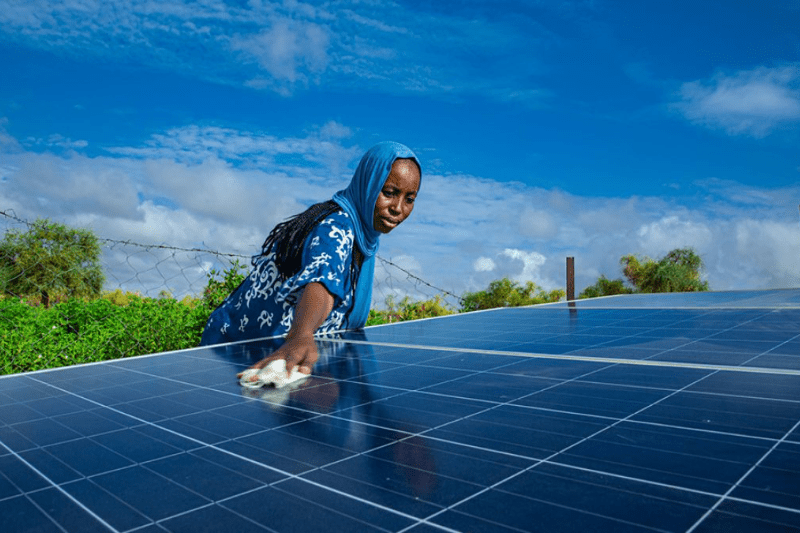
green energy transition must balance prosperity and equality, says un deputy chief
The leadership of the UN is beginning to promote a fairer scheme for the shift to the use of renewable energy sources from fossil energy consumption globally. Speaking in New York Amina Mohammed the UN Deputy Secretary-General further noted recommendations of a significant report on Critical Minerals for Energy Transition by the Secretary-General, Panel. The paper finds that minerals such as copper, lithium, nickel, cobalt, and rare earths are vital to clean energy technologies; their demand is expected to triple by 2030.
Critical Minerals and Development Challenges
Renewable energy, according to Mohammed, is undergoing a ‘hidden transformation or a silent revolution’ where their use is getting cheap and available across the globe. But she pointed out that this shift could actually deepen some of these inequalities, especially as the scramble for minerals intensifies; this is especially against developed countries that have resources and vulnerable communities within developing nations.
The Secretary-General’s Panel, led by South African Nozipho Joyce Mxakato-Diseko and EC Energy DG Ditte Juul Jørgensen, has now presented seven principles. These principles include human rights, the environment, and a strengthened focus on sustainable development, progressive trade and investment policies.
Keep Reading
Implementation and Future Steps
To this end, the Panel provides five specific practical steps in its report: A recommendation for the formation of an independent expert group to be based at the UN to monitor and facilitate fair policy discourse and the application of responsible and transparent policies in mineral supply chains. It also entails the formation of a global framework together with adequate funding to cater to the long-term impacts of mining.
The UN is ready to facilitate these recommendations, with a special emphasis placed on indigenous peoples’ rights in the context of the critical minerals chain. An event at the leader level will be hosted during the COP 29 climate conference to cultivate political support further and define actions.




